Dealing with Disappointment
Growing up, I had a friend who stayed upset with me. I never seemed to meet her expectations or needs. The biggest problem was that I didn’t know what they were. She never told me. She would just get frustrated, passive-aggressive, and, ultimately, ignore me. When I would inquire about what was wrong, she would reply, “You should know.”
If you know me well, you know I despise the word should. “Should” sets us all up to fail.
In retrospect, I see our friendship would have been stronger if she had let me know what she needed. But, somewhere along the way, she believed the lie that her voice didn’t matter. She likely learned that her voice would be rejected if she shared it. So, instead, she stuffed her needs, fumed inside, and held others responsible for her frustration. She never gave me the opportunity to show her that I would listen and that her feelings mattered.
She was disappointed because she had unmet relational expectations. Have you ever found yourself in a similar situation? Have you ever had high hopes of how something would be (expectations), but it didn’t happen as you imagined (reality), so you felt let down (disappointment)?
Here’s the truth: Disappointment = Expectations/Reality
Disappointment can keep us stuck. So, how do we avoid disappointment and set realistic expectations?
First, communicate.
Communication is essential, and poor communication leads to conflict and resentment. Typically, we assume we understand someone’s actions or words. We then jump to judgement and respond according to our disgruntled feelings.
With technology, we’ve become lazy communicators. We have fewer face-to-face interactions, relying instead on emails or text messages. Making phone calls seems antiquated—just ask my teenagers. But, what are we losing when tone and body language are lost over wi-fi? How often are we missing the true intent of the message?
Second, clarify.
Ninety percent of conflict comes from miscommunication. We jump to conclusions, reading others through our personal filters, past wounds, or current world views. Just because we interpret someone’s words or intentions one way doesn’t make it true. If you feel confused or even insulted by what someone has said, ask for clarification. Ask, “Can you tell me more?” When you clarify, you are flushing out your expectations and preparing yourself to act upon truth, instead of assumptions.
Third, be open to change.
Often, we become resentful because we believe things should be as we expect. If they aren’t, we don’t know what to do about it.
Strengthen your adaptability muscles. Imagine standing upright with your arms by your side and your palms facing upward. This open body posture is a great way to physically and mentally open ourselves up to change. It puts us in a mindset that allows us to lower expectations and embrace possibilities. It reminds us that we don’t have control of the environment or others. All we can control is ourselves and our response to disappointment. Just remember, unarticulated expectations usually set us up for disappointment. Communicate clearly with others, clarify any confusion, and be open to change when things don’t go the way you had hoped.
You are amazing! Start living like it!
Kim Anderson is a Licensed Professional Counselor (LPC-MHSP) and a Certified Life Professional Coach (CPLC) who loves helping others live their lives with passion and purpose. She lives with her husband and two teenagers outside of Nashville, in Franklin, Tennessee, where she loves seasons, rolling hills, and the warmth of the South. Follow Kim at www.kimanderson.life, on Instagram @kim_anderson_life, and on Facebook@ KimAndersonLifeCoachingto learn more about what she offers.


